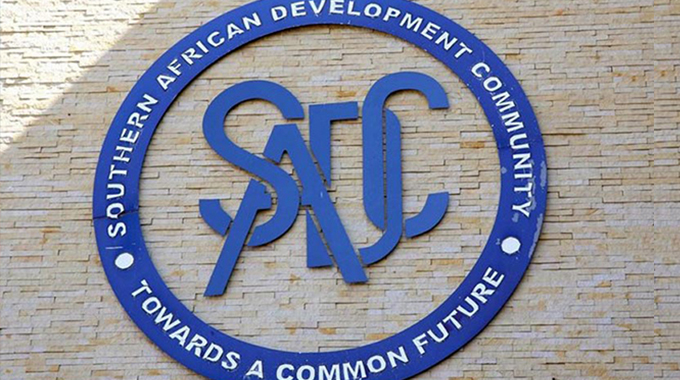Doctors reject clause in Coroner’s Bill criminalising postmortem refusal

Mashudu Netsianda, Senior Reporter
DOCTORS are opposed to a clause in the Coroner’s Office Bill that criminalises refusal by medical practitioners to carry out post-mortems as directed by the coroner, arguing it violates their constitutional right.
According to section 7 (4) of the Coroner’s Office Bill, any medical practitioner who, without lawful excuse, fails or refuses to conduct a post-mortem when summoned to do so under subsection (3) shall be guilty of an offence and liable to a fine not exceeding level five or to imprisonment for a period not exceeding six months.
In terms of the Bill, officers-in-charge of prisons, police stations or medical institutions must keep records regarding sudden deaths for proper investigations by the coroner.
According to the Bill, failure to keep the necessary records or tampering with the information will see those in charge of the institutions being jailed for a period of up to five years.
Speaking during a public hearing in Bulawayo by the Parliamentary Portfolio Committee on Justice, Legal and Parliamentary Affairs yesterday, the national president of the Zimbabwe Medical Association (ZIMA) Dr Francis Chiwora urged Government to remove the clause, saying conducting a post-mortem should be at their discretion.
“There is a section where it says the coroner-general has power to appoint any medical officer to carry out a post mortem and if he or she does not do it without any valid reason, he or she becomes answerable. In as much as the law does not force doctors to treat anybody, now when the person is dead you want to give somebody the power to force a doctor to do a post mortem, which is highly unethical. The coroner-general should be able to liaise with its own people or alternatively doctors should conduct the post-mortem by volunteering,” he said.
Dr Chiwora said there was no need for the coroner-general to investigate deaths of ill persons admitted to hospitals when cause of their death cannot be ascertained.
“Where the coroner-general is supposed to investigate deaths, we have got an issue there because deaths that occur within 24 hours upon admission to a health institution, it is very important that the circumstances surrounding it should be investigated. However, what we know from practice is that a lot of deaths actually would be people who would have been ill for some time and brought to a health institution where they eventually die and some die within 24 hours of admission and the cause of death is known,” he said.
“I don’t think it would make sense for the coroner to look at those. I think we should say death within 24 hours of admission where the diagnosis or cause of death cannot be ascertained there should be no need to waste public funds investigating.”
Dr Chiwora said doctors should not be held liable for deaths that result from surgical operations.
“Deaths that occur during surgical operations and naturally what has been happening is that we write a report, which goes through the hospital director or medical superintendent until it reaches the medical council so that where a medical practitioner has actually erred, they would ordinarily go through a court process. Our biggest worry is that the coroner may go on to prosecute and we feel doctors may be prosecuted when it would not be their fault,” he said.
He said the appointment of the coroner-general should not be done by the President at the recommendation of the Minister, but Parliament must be consulted.
“We believe the coroner-general will be more or less at the same level with a commissioner and therefore the parliamentarians should be the ones involved in the selection process. We believe this person who occupies this position should not be of any political persuasion and in addition to that once appointed the office bearer should not engage in any political activities,” he said.
The crafting of the Coroner’s Office Bill is aimed at creating an independent office of the Coroner-General to adequately investigate unnatural deaths.
Recently, Cabinet approved the Bill and it is now at Parliament stage. The Bill, among other things, gives powers to coroners to impartially investigate circumstances surrounding unnatural deaths.
Concerns had been raised by stakeholders on the conduct of some medical practitioners whose negligence had reached alarming levels. A number of people have died in hospital while others died in labour wards due to negligence on the part of surgeons, but the cases were never properly investigated.
At times investigations are conducted by the practitioners’ colleagues who compile biased reports to exonerate culprits.
The same has been happening in the police and the prison services.
Chairperson of the Committee, Cde Misheck Mataranyika, who is also Makoni South MP, said the committee was on a fact-finding mission to gather concerns of stakeholders across the country.
He said the committee was going to compile its findings and then present them in Parliament. — @mashnets











Comments